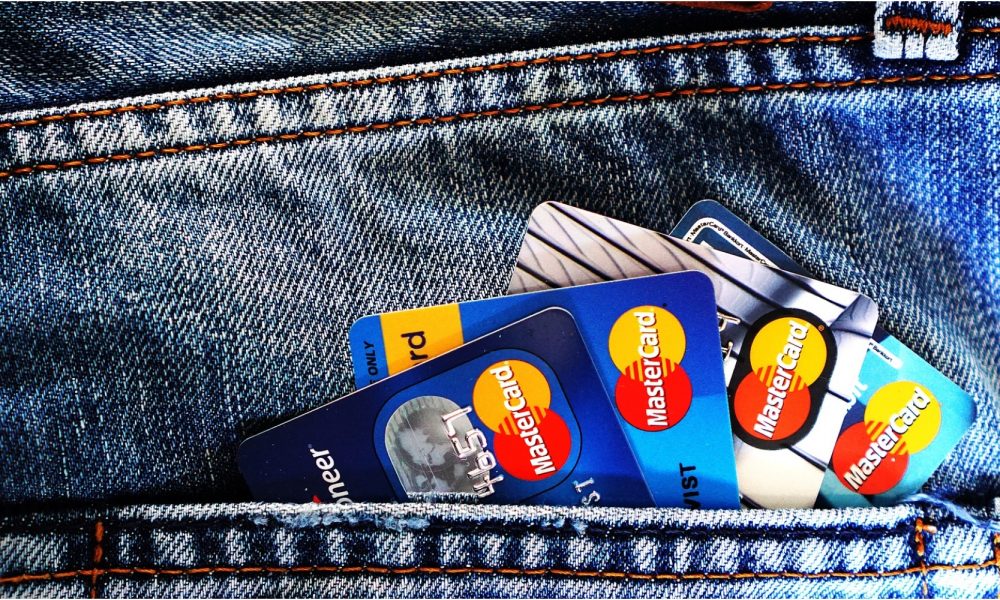
This Is Why Using Your Credit Card For Emergencies Is Not A Good Idea

Many of you would resort to your credit card during an emergency. This has become a sort of habit for you all. Credit cards are of great utility, no doubt. Suppose you want to repair your car or renovate your kitchen, you can pay for all such services with your credit card. With that being said, depending entirely on a credit card for every expense is definitely not a good idea. You must realize a fact that whenever you are using a credit card to pay for unexpected expenses, you are actually taking out a loan and risking your financial prospects. So, what should you do? The following discussion might help.
Using a Credit Card During Emergency is Equivalent to Taking Out a Loan
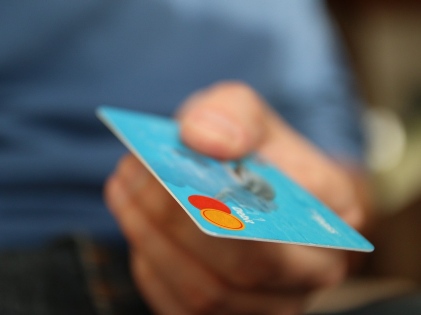 Paying through your credit card during an emergency is equivalent to taking out a loan. Whenever a crisis strikes, your hands reach out to your card as you know you don’t have that much emergency cash with you. However, you will have to pay that amount back. If you are unable to pay the whole sum back at once, interest will be attached to the principal. So, you will have to set aside a certain sum of money every month for that. This implies that you are adding another expense to your monthly budget. Not good for you, right?
Paying through your credit card during an emergency is equivalent to taking out a loan. Whenever a crisis strikes, your hands reach out to your card as you know you don’t have that much emergency cash with you. However, you will have to pay that amount back. If you are unable to pay the whole sum back at once, interest will be attached to the principal. So, you will have to set aside a certain sum of money every month for that. This implies that you are adding another expense to your monthly budget. Not good for you, right?
You Will Hardly Look for Other Options if You Have a Credit Card
If you have a credit card, you will hardly look for any other option. Rather, you won’t feel like it. You will ignore a DIY solution, negotiate to bring a price within your range, and look around for a better price since you know that you have a credit card as a financial solution. What happens if you take out money from your emergency fund instead of paying through your credit card? In all likelihood, you will feel the urge to stack up as much cash as possible. Therefore, you will probably figure out cheaper options to address the issue.
You Will Incur Debt if You Pay Through Your Credit Card
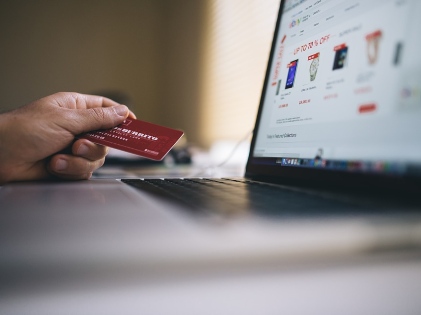 The moment you start keeping a balance on your card, you incur debt. When you cover one expense with your credit card in an emergency, it can push you to pay more and more through your card. As a result, you pile on more debt than you can actually pay. The temptation to add more charges to your card aside from the current balance is dangerous. The sooner you put an end to that, the better it is for you. You need to resolve not to pay for anything else with your card until the time you are done paying off the emergency debt and stick to it religiously.
The moment you start keeping a balance on your card, you incur debt. When you cover one expense with your credit card in an emergency, it can push you to pay more and more through your card. As a result, you pile on more debt than you can actually pay. The temptation to add more charges to your card aside from the current balance is dangerous. The sooner you put an end to that, the better it is for you. You need to resolve not to pay for anything else with your card until the time you are done paying off the emergency debt and stick to it religiously.
Don’t Keep Your Credit Card Dormant
In case you are saving your credit card for unforeseen situations and keeping it dormant the rest of the time, it could be canceled. The credit card issuer also might cut down your credit limit. As a result, spending money on an emergency through your credit card will become an uphill task for you. In such a scenario, you will fall back upon your other credit cards to cover your expenses, thus finishing the credit amount available on those cards. Resorting to your card in times of emergency will put you at the mercy of the issuer. They might decide against giving you the benefit of enough credit in your hour of need.
If Emergency Strikes Back Again, Your Finances Might Go For A Toss
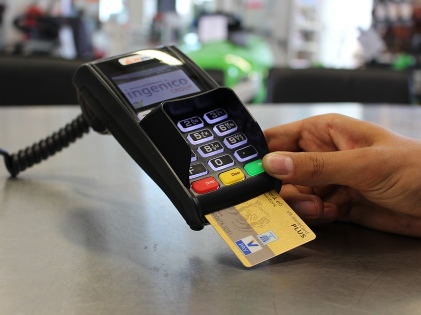 You can’t guarantee that an emergency will strike you only once in your lifetime. Also, a second or third emergency might strike you hard before you have even cleared your credit bill for the first emergency. Emergencies can happen at any time. They might come one after another or push you down simultaneously. What would you do if you face a second emergency and you have already incurred a huge bill from the previous one? Think about it. With a rise in your credit card bills, you will run out of options.
You can’t guarantee that an emergency will strike you only once in your lifetime. Also, a second or third emergency might strike you hard before you have even cleared your credit bill for the first emergency. Emergencies can happen at any time. They might come one after another or push you down simultaneously. What would you do if you face a second emergency and you have already incurred a huge bill from the previous one? Think about it. With a rise in your credit card bills, you will run out of options.
Financial emergencies can be common. Since you now know that paying from your pocket is a better option than paying through a credit card, an emergency fund would work best for you. Work towards it.
More in Loans & Mortgages
-
`
Curious About Travis Kelce’s Net Worth? Here’s the Scoop!
Travis Kelce’s name echoes through NFL stadiums, synonymous with athletic prowess and electrifying plays. But beyond his touchdown celebrations and record-breaking...
June 10, 2024 -
`
Everything You Need to Know About an Assumable Mortgage
What is an Assumable Mortgage? Whether you are a buyer or a seller, understanding the concept of assumable mortgages can open...
June 6, 2024 -
`
Layoff vs. Fired – Understanding the Crucial Differences
When it comes to job loss, understanding the distinction between being layoff vs. fired is crucial. While both situations result in...
May 30, 2024 -
`
When Are Business Taxes Due 2024? Essential Dates and Deadlines
Tax deadlines can be daunting, but fear not! Let’s break down everything you need to know to stay on top of...
May 22, 2024 -
`
How Much Does Jeff Bezos Make Per Hour? It’s More Than You Think!
Jeff Bezos, a name synonymous with innovation and wealth, stands as one of the world’s richest individuals. While Bernard Arnault and...
May 16, 2024 -
`
What is Portfolio Investment Entity (PIE) and How Can it Benefit You?
In the intricate world of finance, individuals seek avenues to optimize their investments while minimizing risks. One such avenue gaining traction...
May 9, 2024 -
`
What is a Bank Statement? Understanding its Definitions, Benefits, and Prerequisites
Ever wondered where your money goes? A bank statement is like a financial report card, giving you a clear picture of...
April 30, 2024 -
`
Branded Content: A Genuine Way to Connect With Your Audience
Have you ever binge-watched a series on Netflix, only to later realize that the beverage everyone’s sipping on is that brand...
April 23, 2024 -
`
What Car Does Jeff Bezos Drive? Find Out Inside His Exclusive $20 Million Collection
Have you ever wondered what car does Jeff Bezos drive? This man’s tastes in vehicles are as expansive as his business...
April 17, 2024




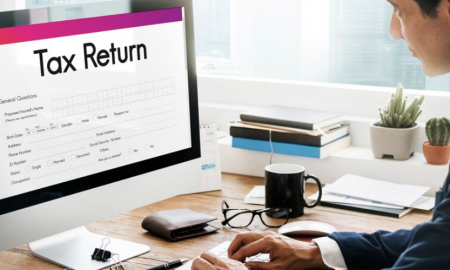

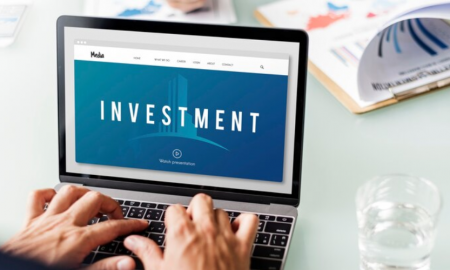
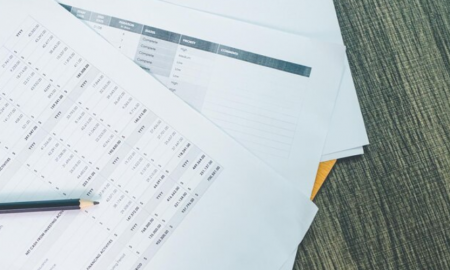


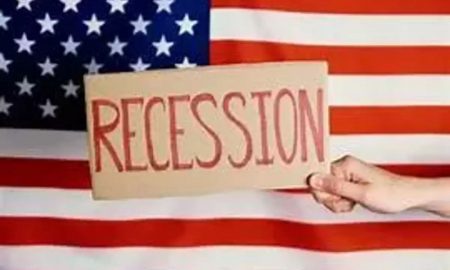




You must be logged in to post a comment Login